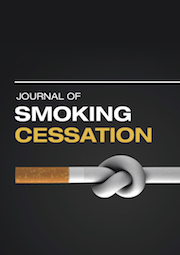Article contents
Views of Low Socio-Economic Smokers: What Will Help Them to Quit?
Published online by Cambridge University Press: 13 July 2012
Abstract
To determine what support low socio-economic smokers perceive would help them stop smoking, 63 Māori, Pacific Island and New Zealand European/other smokers were interviewed in focus groups. Prompted discussion was used to determine what participants knew and thought about existing cessation services and products, and what their interest was in innovative cessation approaches. Most participants knew about Quitline, nicotine patches and gum, but had scant knowledge of other cessation services and products. They had a reasonable knowledge of smoking-related harm, but not the range of harm caused by smoking. They reported being influenced to quit by graphic health advertisements on television and health warnings on tobacco packages. They wanted extended access to a wider range of cessation services and more subsidised cessation products, and they were interested in innovative approaches. Low socio-economic and minority group smokers need clearer information to support use of effective cessation methods. They need to know about the efficacy and safety of cessation products, where and how to access products and support, and the cost involved. Cessation support needs to be more convenient and culturally salient.
- Type
- Articles
- Information
- Copyright
- Copyright © The Authors 2012
References
- 11
- Cited by


